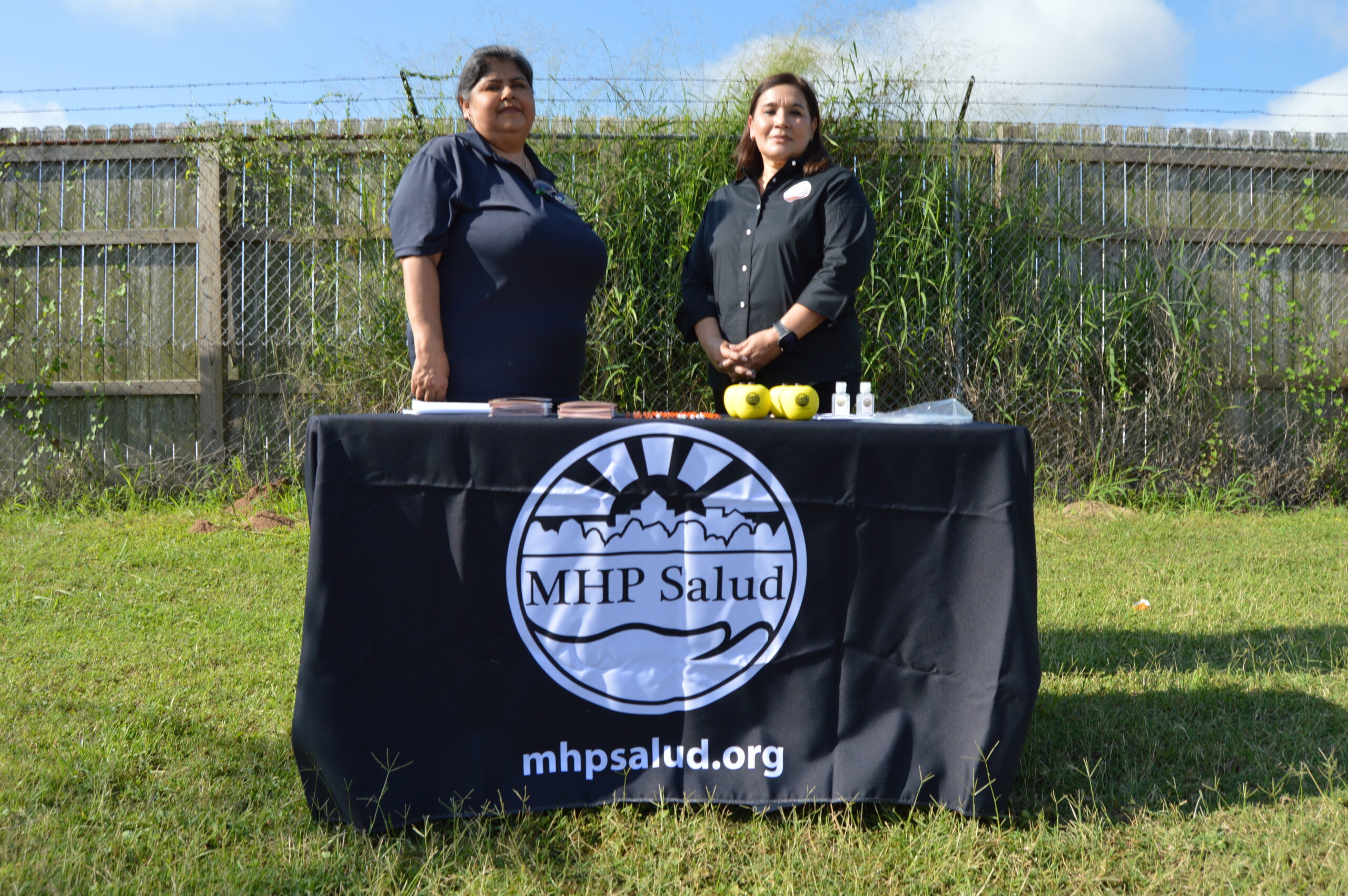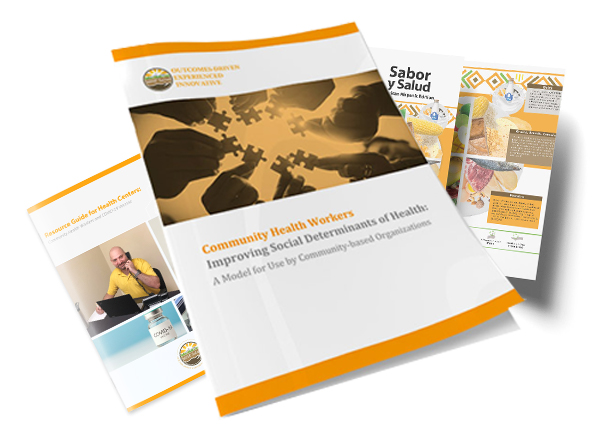Three Ways to Support Migrant Farmworkers Families as They Move from Place to Place
Migrant farmworkers and their families leave their homes to work in agriculture, affecting their mental and physical health. Moving often poses various challenges to migrant farmworker families. Migrant Health Centers, education programs, and legal aid services provide support to this migrant population. Providing culturally and linguistically appropriate services is key to supporting this population as they move from place to place. Migrant and Seasonal Agricultural Workers (MSAWs) labor in strenuous conditions across the United States to ensure we have fresh food at our table. They may be U.S. citizens, residents, or immigrants and often have families who move with them from place to place. MSAWs are referred to with many different names, but include two groups:
Migrant farmworkers are agricultural workers who must leave their homes for the purpose of working in agricultural work. Migrant farmworkers may work in farm fields, orchards, canneries, plant nurseries, fish/seafood packing plants, and more. Seasonal agricultural workers are employed temporarily or seasonally in agriculture. They are different from migrant farmworkers in that they do not move from their initial residence to work and might also have other employment during the year.
Historically, most agricultural work was migratory; however, more and more of this work is becoming seasonal in nature, where farmworkers stay in an area throughout the year. In fact, 85% of hired farm labor is seasonal in nature where farmworkers live within 75 miles of their work site. However, 13% of farmworkers, continue to shuttle more than 75 miles or follow crops and migrate to work various harvest seasons across the country. These migrant farmworker groups have health, social, and economic needs, just like anyone else. Yet, due to the seasonality and mobile nature of their work, they experience many barriers to accessing services.
Many migrant farmworkers and their families live in substandard conditions. According to the most recent National Agriculture Workers Survey, 20% of farmworker families live at or below the federal poverty level. These families also are likely to need services in another language than English, which could be Spanish, Haitian Creole, or an indigenous dialect. Migrant farmworkers often are physically and socially isolated from the communities in which they live and work, making them vulnerable to employer abuse and a lack of important health and social services.
- Migrant Health Centers provide health and social services to migrant farmworker families. Migrant farmworkers and their families can move anywhere between hundreds and thousands of miles to work throughout the year. As one can imagine, moving often, far away, and into substandard living conditions takes a toll on mental and physical health. In fact, according to 2021 Health Center Uniform Data System (UDS) data, anxiety, mental disorders, and mood disorders were among the top 10 most common diagnoses among this population. Migrant farmworkers also experience high levels of obesity, type II diabetes, and hypertension.
Barriers to accessing health care such as language access, lower levels of health literacy, not having health insurance and inability to pay for services, as well as long working hours, and limited transportation, already exist for migrant farmworkers and their families. Even if a farmworker or family member is receiving regular healthcare, moving to a new community interrupts these services, which makes management difficult and can have health consequences. Other important healthcare services such as dental care, prenatal care for pregnant women, well child visits, and vaccinations for youth can also be interrupted.
HRSA-funded Migrant Health Centers (MHCs) have funding to specifically serve MSAW populations. They are required to provide patient-centered, culturally appropriate primary health care. MHCs and Community Health Centers offer payment on a sliding fee scale and provide enabling services such as transportation, interpretation, case management, and Community Health Workers (CHW) or Protomora de Salud programming to meet the needs of individuals. However, when farmworker families move, finding another MHC or Community Health Center can be hard. Health center providers can assist migrant families through collaborating with health centers to share medical records or providing health records to individuals so they can share with a new provider.
Finally, MHCs often have navigator staff to help migrant farmworker families apply for insurance and public benefits for which they are eligible as they move. Migrant farmworkers can get assistance with navigating the health insurance marketplace, applying for Children’s Health Insurance Program (CHIP), Supplemental Nutrition Program for Women, Infants, and Children (WIC) program, food assistance and other public benefits. They also assess patients’ health and wellness needs and provide referrals to other community-based organizations providing services.
- Migrant Education Programs provide high-quality education for Migrant Farmworker children.
For children of migrant farmworkers, learning and extracurricular activities for school-aged children are fragmented; moving to a new school district during the school year disturbs these activities. This makes receiving a well-rounded education for these kids difficult and will have an impact on them throughout their lives. Moving frequently also takes a toll on the mental health of youth who must leave their friends and familiar learning environment.
Migrant and Seasonal Head Start programs serve farmworker families across 38 states. These programs are designed for children of MSAWs and provide high-quality, culturally appropriate early childhood education opportunities. The Migrant Education Program provides quality education to migrant children of all ages with the goal of helping these children reach challenging academic standards, graduate high school, and prepare them to be productive adults. Check out this program locator to find a program near you!
- Legal aid organizations support farmworker families with crucial legal support.
Migrant Farmworkers are vulnerable to various abuses including wage theft, child labor, human trafficking, exposure to harmful working and living conditions to name a few. Migrant farmworkers and their families may also be of mixed legal statuses which can bring challenges related to immigration and moving from place to place.
There are legal aid organizations that can help migrant farmworker families resolve some of their legal troubles. These organizations often receive funding from various sources to provide legal services, often for free, to low-income MSAWs and their dependents. For example, in Michigan where many farmworkers migrate from southern states and Mexico to harvest fruits and vegetables, there are various legal aid organizations. Migrant Legal Aid, and Farmworker Legal Services are some of the organizations that provide legal support on various matters.
The key to serving migrant farmworkers is providing culturally and linguistically appropriate services!
When supporting migrant farmworkers as they come and go from your community, it is crucial to provide services in a culturally and linguistically appropriate manner CHW or Promotor(a) de Salud programs reach and engage farmworkers in your community. CHWs are members of the communities who not only speak the language of their community but have a first-hand understanding of the various challenges they experience. This builds trust between farmworker communities and an organization. To learn more about how to implement or improve a CHW program at your health center, contact MHP Salud at nttap@mhpslaud.org!
This resource is supported by the Health Resources and Services Administration (HRSA) of the U.S. Department of Health and Human Services (HHS) as part of an award totaling $678,959.00 with 0% financed with non-governmental sources. The contents are those of the author(s) and do not necessarily represent the official views of, nor an endorsement, by HRSA, HHS, or the U.S. Government. For more information, please visit HRSA.gov





